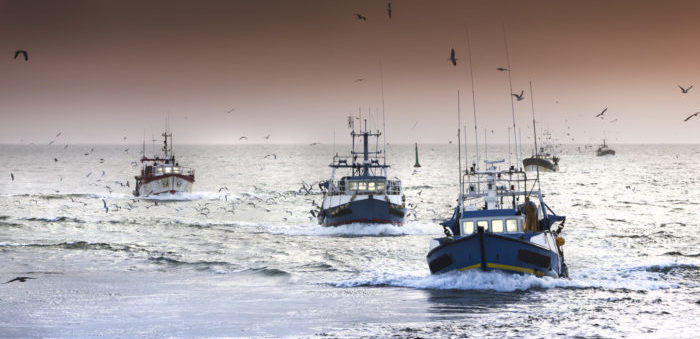UK-based Human Rights at Sea and the Botswana-based NGO Stop Illegal Fishing (SIF) have entered into a collaborative partnership to continue and raise the global narrative on illegal fishing activities which include promoting human rights protections against abuses of crew.
Stop Illegal Fishing works to end illegal fishing across the continent by promoting compliant behaviour by all players within the fisheries sector. The FISH-i Africa Task Force is one such initiative that unites eight East African coastal countries along the Western Indian Ocean (WIO), in an alliance which deploys regional cooperation, coupled with dedicated analysis and technical expertise, to stop illegal catch getting to market.
Through over 40 cases of illegal activity, FISH-i Africa has identified deliberate non-compliance and crimes that have been witnessed in the past few years that require a coordinated and systematic response to tackle this head on.
The abuse of workers onboard fishing vessels has been a consistent feature of the investigations undertaken by SIF, with crews subject to violence, intimidation, poor living and working conditions as well as being denied access to adequate food and water.
Building awareness of these issues amongst fisheries and port officials who are on the frontline in identifying human rights abuses on fishing vessels and the decision makers that can drive change, forms an important and growing element of SIF’s work.
The identification of trafficked or abused fishers is a challenge as the vessels they work on actively avoid oversight from the authorities whenever possible, but we know that the link between human trafficking and illegal, unreported and unregulated fishing is strong. We have seen from our investigations that when a vessel is fishing illegally many other laws and regulations are also being broken,
…stated Per Erik Bergh, Coordinator of Stop Illegal Fishing.
David Hammond, Founder of Human Rights at Sea, added:
This new and valued collaboration will ensure that our respective work for the betterment of fisher’s welfare, continues to be co-ordinated, promoted and the narrative developed.






























































